poison ivy control????
vtreejod
18 years ago
Related Stories

GROUND COVERSNative Alternatives to English Ivy, Japanese Pachysandra and Periwinkle
These shade-loving ground covers are good for the environment and say something about where you are
Full Story
HOME TECHSwitch On the Phone-Controlled Home
Lock your front door from afar, let your thermostat set itself and more when you use your phone as a control device
Full Story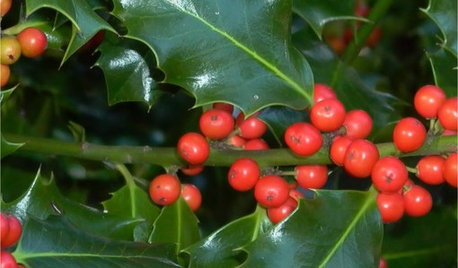
GARDENING GUIDES9 Holly and Ivy Plants for Good Tidings in the Garden
Spread Christmas joy all year round with the gorgeous foliage and bright berries of these evergreen plants
Full Story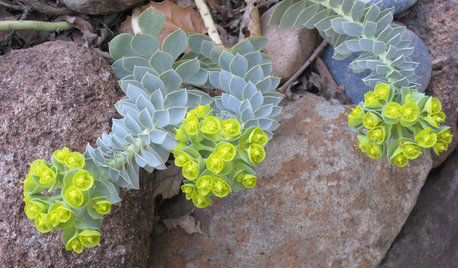
BLUE AND GRAY FOLIAGEGreat Design Plant: Donkey Spurge
Yes, there's the awful name, plus the sap issue. But this plant's foliage and flowers bring something special to Eastern U.S. gardens
Full Story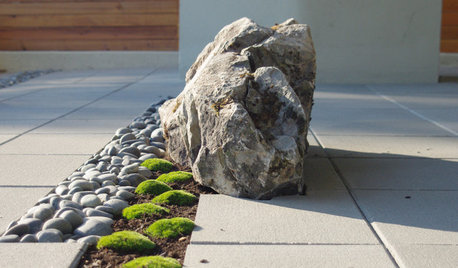
LANDSCAPE DESIGNDare to Mix Things Up in the Landscape
Courageously contrast plantings, materials and structures in your garden to create unexpected beauty and intrigue
Full Story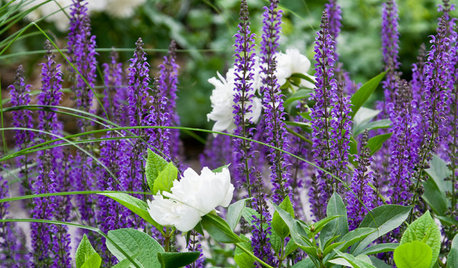
GARDENING AND LANDSCAPINGGarden Tour: Colorful, Serene Woodland Near Boston
Exuberant perennials, outdoor rooms and a surrounding woodland come together to create a beautiful landscape in Massachusetts
Full Story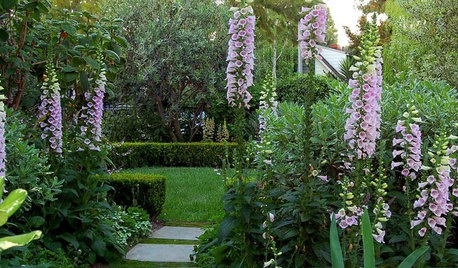
PETSGarden Alert: 22 Plants to Keep Away From Pets
Avoid potential danger by keeping dogs and cats away from these landscaping and houseplant favorites
Full Story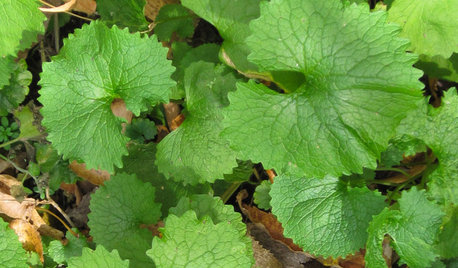
GARDENING GUIDESDo You Have This Invasive Plant in Your Yard?
Garlic mustard is spreading across the U.S. Here’s how to spot it and what to do
Full Story
GREEN BUILDINGBuilding Green: How to Design a Healthier Landscape
Plant selection, water management, fire-prevention measures and more can ensure that your landscape is good for the planet and for you
Full Story
HOME TECHMake Home Sweet Home Even Sweeter With a Brewery Or Winery
New high-tech products make small-scale home beer and wine production easy and fun
Full StoryMore Discussions






lindac
meldy_nva
Related Professionals
Windham Landscape Architects & Landscape Designers · Danbury Landscape Architects & Landscape Designers · Accokeek Landscape Architects & Landscape Designers · Brentwood Landscape Architects & Landscape Designers · Brunswick Landscape Contractors · Dunwoody Landscape Contractors · El Mirage Landscape Contractors · Firestone Landscape Contractors · Kailua Landscape Contractors · Monterey Landscape Contractors · Oklahoma City Landscape Contractors · Rochester Landscape Contractors · Edmonds Window Contractors · Troy Window Contractors · Washington Window ContractorsvtreejodOriginal Author
meldy_nva
lindac
Ina Plassa_travis
meldy_nva
vstech
Ina Plassa_travis
meldy_nva
vtreejodOriginal Author
meldy_nva
vtreejodOriginal Author
JAYK
ritaotay
chuckr30
roxy77
tulips91
clemmybug
tulips91
henry_kuska